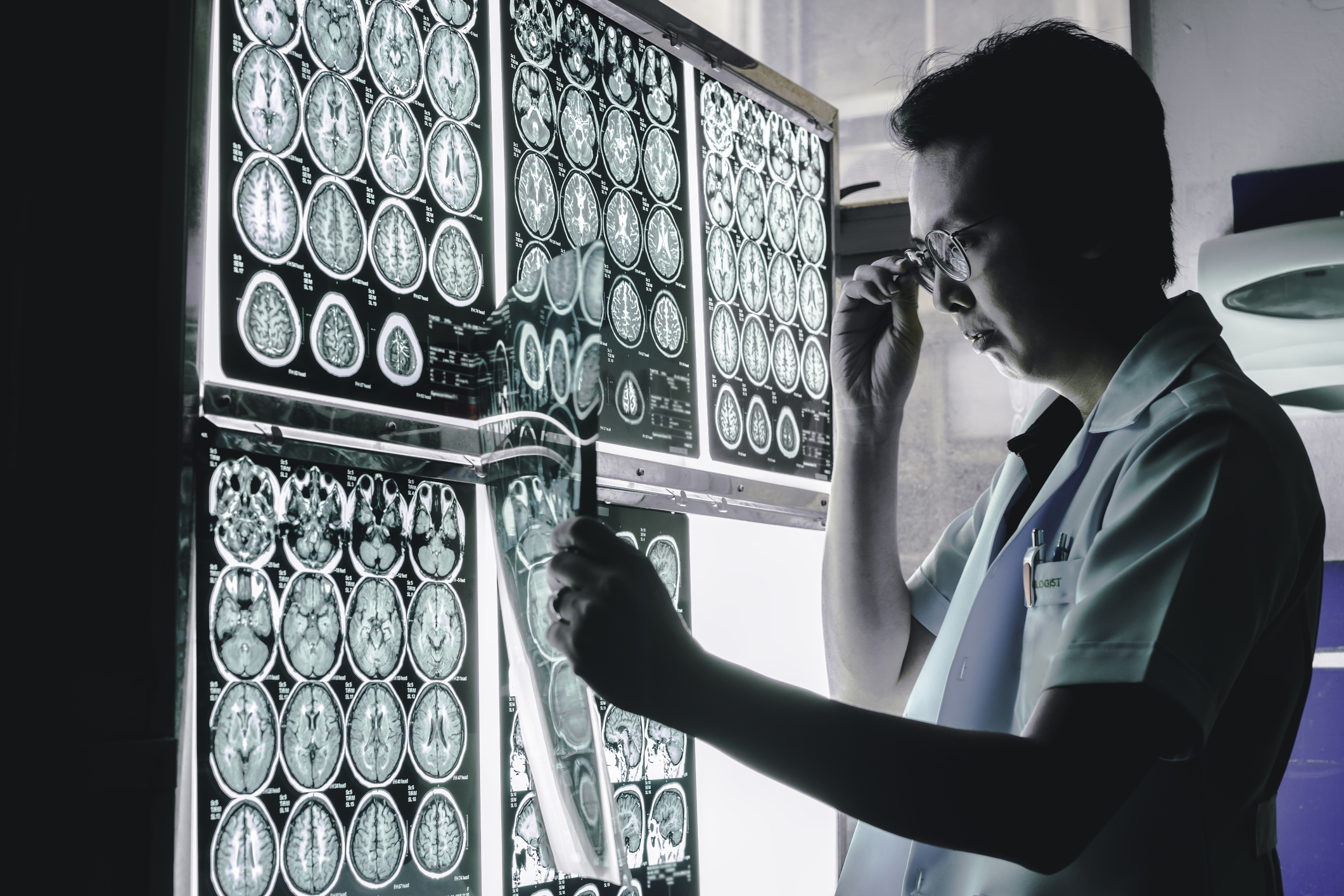Supporting people to achieve the best mood and cognitive skills (memory and thinking) can be challenging. So, let’s have a look what happens when our brains are ageing and how we can prevent brain decline (memory and thinking) as we grow older in a few simple steps.
It is an urban myth that every older person will develop dementia and in reality, it is a spectrum from normal age-related decline through to a clinically diagnosable dementia.The parts of our brain responsible for learning and memory are particularly susceptible to change with age (prefrontal cortex and hippocampus). This is why many people report it feels harder to learn new things in later life than as a child and remembering and paying attention to information can feel harder with age. These changes are due to more than one thing: changes in neurotransmitters and neurones (the highways of the brain); the presence of plaques (protein clumps) and tangles (twisted fibres) in the brain; changes in blood flow to the brain as arteries get narrower; increased and /or chronic inflammations.
The good news is that some aspects of cognition get better with age, such as vocabulary, knowledge that relies on verbal skills and generally increased perspectives and lived experience. It is an urban myth that every older person will develop dementia and in reality, it is a spectrum from normal age-related decline through to a clinically diagnosable dementia (defined as a group of symptoms including memory loss and confusion). Most of us don’t know that there are over 100 conditions which cause dementia as we often only hear about a handful of the most common ones, such as Alzheimer’s Disease.
Some factors that are related to developing dementia are outside of our control, for example genetic factors which are common in young onset dementia (aged under 65 years) and past damage (such as the emerging information about the role head injuries in sports play in the later development of dementia). However, where we cannot undo these factors, we can compensate for them whilst aiming to prevent further damage to our brain and maximise the functioning of other organs. The best way to do this is to address lifestyle factors we might be already familiar with as The Five Pillars of Ageing Well. These are nutrition, hydration, physical activity, social and cognitive stimulation.

Increasing moderate exercise is very beneficial especially if we can get outdoors (more on green and blues spaces here). Aiming for healthy nutrition, especially a Mediterranean style diet, provides protection against cardiovascular disease . Good hydration (the recommended dose is 6-8 cups of water daily) is crucial as it supports our body to eliminate any toxicity due to accumulation of regular medication more quickly. This is beneficial as this accumulation may have a detrimental effect on our brain making us feel confused, wobbly, and sometimes even depressed. Other very important factors are engaging socially and stimulating our brain cognitively (reading, playing music, learning to play musical instruments, languages). In addition to that we should ideally aim to lower stress (mindfulness exercise could be of great help – using for example Spotter Sheet – developed by The Parks Trust in collaboration with The Open University while walking outdoors (more can be also found here, improving sleep and decreasing use of alcohol, and quitting smoking. This in turn decreases the vascular risk factors that make developing a vascular dementia (caused by reduced blood flow to the brain) more likely.
Research shows that some parts of the brain are larger in people who exercise more than those who don’t (prefrontal cortex and hippocampus) and that they also experience better connectivity in neural connections and lower inflammation. It’s important to note that exercise does not have to be strenuous, there are some brilliant chair-based exercises available on YouTube and from charities such as the MS Society. Regular physical activity is also well known to bring in very important nutrients (including glucose) and oxygen to our brain (and other organs). The brain is the most susceptible organ to lack of oxygen and glucose ( our brain needs around 20% of glucose and oxygen from the overall glucose and oxygen consumed by the whole body). So, getting this supplied to our brain in regular intervals through regular physical activity helps prevent some types of dementia and improves the wellbeing of people with an existing dementia.
Related OpenLearn articles







Rate and Review
Rate this article
Review this article
Log into OpenLearn to leave reviews and join in the conversation.
Article reviews